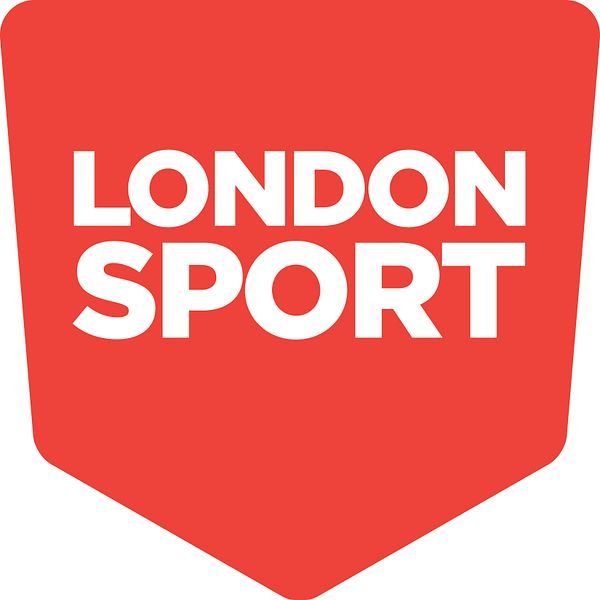News -
Role for physical activity to play in tackling violence against women and girls
The physical activity and sport sector has work to do if it is to play a meaningful role in tackling violence against women and girls, a London Sport audience heard today (24 October).
London Sport’s monthly Community of Practice event saw speakers share current approaches and new thinking to how the sector in the capital can use physical activity as a vehicle to improve lives in London.
Research shows that one in four women will suffer from domestic abuse and how, with London set to host seven EURO2020 fixtures, such reports spike during England football matches.
“We are learning that our sector has work to do to play a meaningful role,” Mandu Reid, Senior Programme Delivery Manager for the GLA Sports Team, said.
“Community sport is looking at the different ways it can be designed to help deal with social problems, particularly with loneliness and isolation.
“And even though it may not seem obvious there is a powerful overlap between these two worlds.”
Attendees heard how social problems, such as loneliness and isolation, can be used as tools for violence against women and girls as well as being consequences of the issue.
Hazel North Stephens, Domestic Abuse Commissioner for the London Borough of Barking and Dagenham, was optimistic that combatting isolation could be a mechanism for change.
“Connections are the cure – we need to look at it on an antidote basis,” she explained.
“It can be seen as an individual issue but it’s a community issue. The ripples of that (violence) impact on children, other members of the family and the community.
“That’s where sport fits in, sport is individuals, families and communities and we (the sector) need to work with specialist organisations/charities too - they will link in with us.”
Delegates also heard from three physical activity projects which have already begun working alongside women and girls who have been victims of domestic abuse and/or violence.
The Women Time programme by leisure providers Fusion, the Helping Hands project from Jigsaw4u and Hestia’s Family Fitness scheme all demonstrated the power of activity in this area.
Such projects require money though, with the need to educate funding distributors and reduce the financial barriers to participation being common themes amongst the shared learnings.
Liz Miller, Helping Hands Project Coordinator, Jigsaw4u, concluded:
“Cost is a major factor in engagement so factoring this into funding allows barriers to be reduced.
“Mostly the women won’t ask (for help) because they don’t feel they are worthy of help, but don’t give up. Keep offering opportunities, keeping trying to engage and make sure they know they are worthy of your support.”
Topics
- Sport
Categories
- communities of practice
- physical activity
- violence against women and girls
Regions
- Greater London
